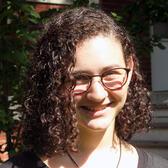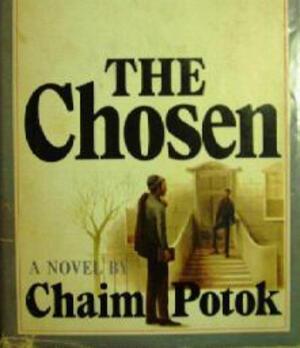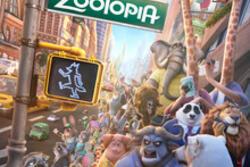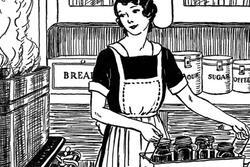One Chosen People, Many Chosen Ways
As a young Jewish woman in contemporary society, I tend to use the word "pluralism" a lot, in a fairly abstract way. I sometimes struggle to explain this concept despite it meaning so much to me, but I have found no example better than Chaim Potok's iconic young adult novel, The Chosen. When I first read The Chosen in tenth grade, it brought on a series of mixed emotions. I was beginning the journey toward understanding my religious and secular identities, and simultaneously saw so much and so little of myself in the protagonists, Reuven and Danny.
The novel begins when the boys are fifteen, and focuses on the evolution of the friendship between Danny, the oldest son of a Chasidic Tzadik, and Reuven, the only child of a modern-Orthodox writer, as they transition from boyhood to adulthood. Set in 1940s Brooklyn, the narrative deals with issues such as Zionism, American identity, dating, and the conflict between religion and science.
One of the pillars of Danny and Reuven's friendship is complete honesty and the ability to ask each other questions. This was incredibly inspiring to me because it emphasizes the uniquely unifying Jewish tradition of focusing more on questions than answers. I see this as perhaps the key to pluralism–the recognition that we are one people, despite extreme cultural differences, and subsequently, the importance of being able to ask each other questions when we don’t understand something that lies outside of our own identities and traditions. This emphasis on questions is the reason why I strongly believe that Judaism inherently lends itself to pluralism.
But the boys in The Chosen don't just ask each other questions, they question themselves. This was the aspect that I related to the most – each of them has a prescribed path that their parents set out for them, but each also deviates from this path by questioning what they want to do with their lives, and who they want to be. They struggle to find balance between the secular and the religious, just like I do.
Looking back on the novel from where I am now, a similar point stands out to me: when each of the boys deviates from his initial path, he finds a way to retain his identity. Danny doesn't stop being a good Jew when he shaves his earlocks and goes to graduate school. Reuven's decision to become a rabbi rather than a mathematician doesn't make him any less intelligent or modern. This is what pluralism means to me on a personal level.
There were parts of The Chosen that I struggled with, though. It wasn't, and isn't, always easy for me to relate to two male characters, especially with such a notable lack of female influence. Not that it changes my appreciation for the book, but with the only somewhat significant female characters being Danny's mother and sister, The Chosen doesn't pass the Bechdel test. It gets a little more problematic when we look at those female characters. Very little is said about Danny's mother other than her responses to her husband and her willingness to care for Reuven. As for Danny's sister? In the middle section of the novel, when the boys are in their later teenage years, Danny's sister exists almost solely as a love interest for Reuven, though nothing ever results from that. The reason for this? She's promised in marriage and has been since birth. On the positive side, her character gives us a valuable, though limited, look at the experiences of ultra-Orthodox women. On the other hand, she's an unnamed, silent nonparticipant in the story, existing only in her relationship to either her brother, her father, Reuven, or her betrothed. While I do relate to this story in many ways, the absence of women’s voices is highly noticeable, and difficult to overlook.
How could I reconcile this passive, silent Jewish woman with my own vocal, feminist identity? The answer is the same as how Danny could reconcile his ultra-Orthodox upbringing with his need for information. The answer is pluralism. It's not so much that there's no "right" way to be Jewish, or intellectual, or a woman, or even a friend. It's more that every way has the potential to be right, as long as our shared Jewish values of social justice and human rights are upheld (although whether or not the representation of women in Potok’s novel upholds these values can certainly be questioned).
Potok's novel teaches its young audience that Judaism is defined by asking questions and sparking discussion, and by listening to, and learning from, others. In a time where people refer to their beliefs by the name of a group or party they support, the acceptance of pluralism, and the idea that a label doesn’t have to totally define who you are and what you believe, seems to me to be more important now than ever before.
This piece was written as part of JWA’s Rising Voices Fellowship.








I love this so much! Excellent work